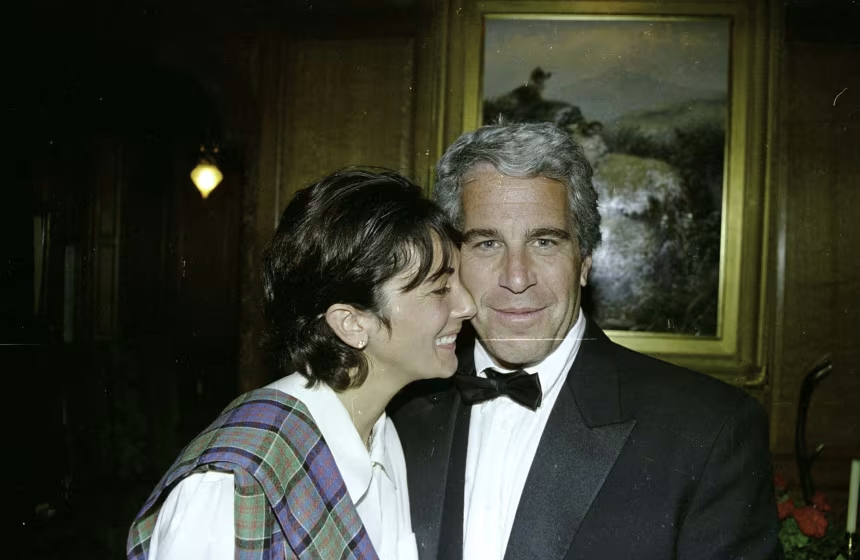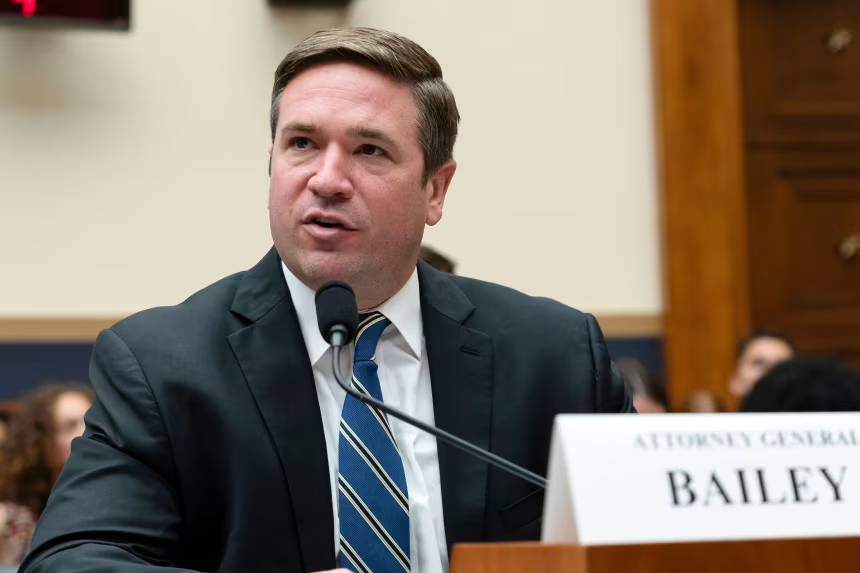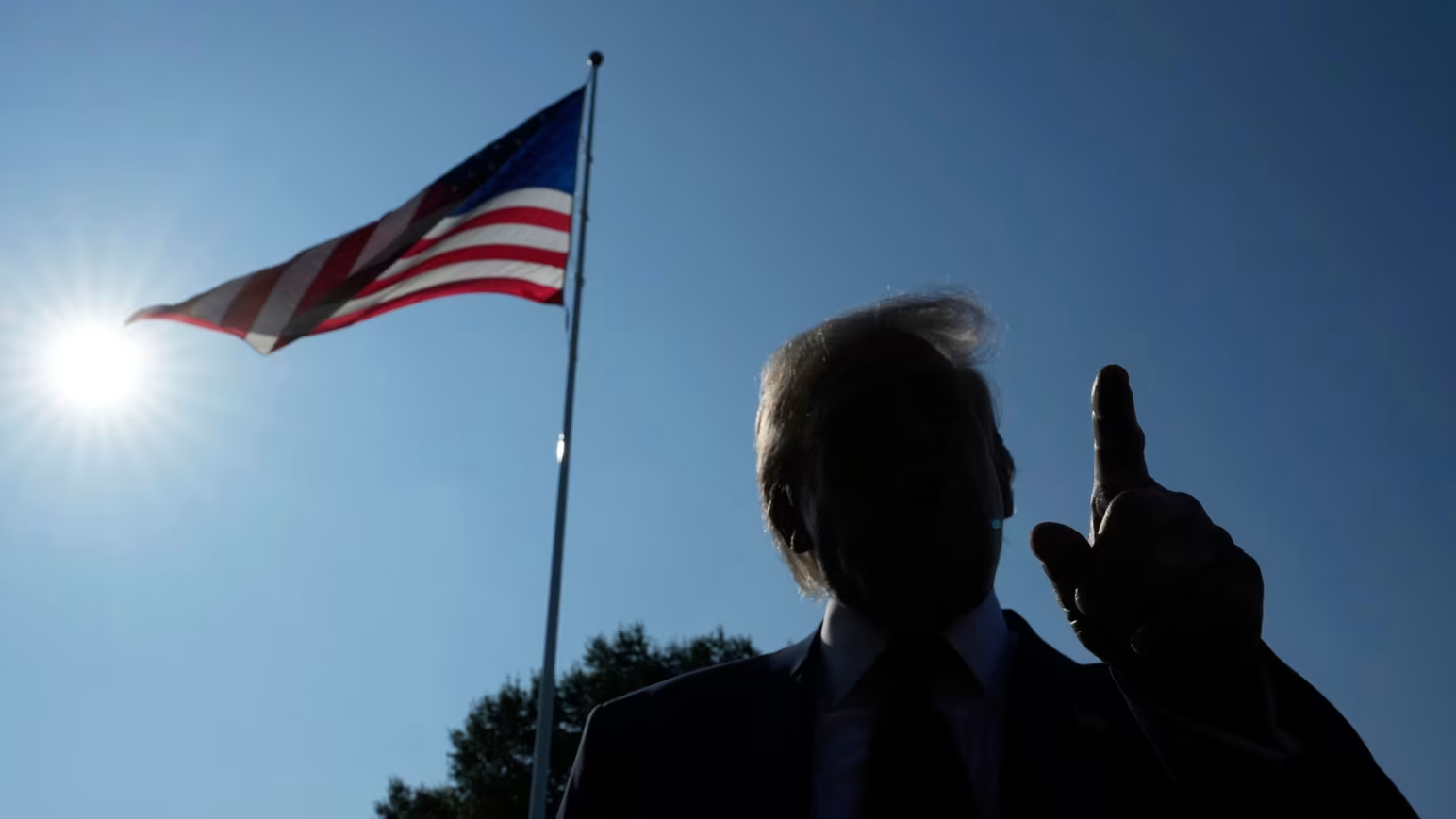From cops to the Kennedy Center, Trump tries to transform Washington
An emboldened President Donald Trump is increasingly using his bully pulpit to stamp his imprint on Washington, DC — pushing the bounds of executive power to reshape a city that once snubbed him.
Trump in his first seven months has sought extraordinary control over key cultural institutions, taking over leadership of the Kennedy Center and demanding changes to Smithsonian museums that align with his political beliefs. He’s slashed the size of the federal workforce, moved to sell off government buildings and embarked on a pricey White House renovation that will make the world’s most famous address more closely resemble another one of his private clubs.
And in an unprecedented move triggered by his own gripes with DC government, Trump has taken control of the city’s police force and sent a surge of federal law enforcement into streets.
The moves reflect the president’s long held desire to put his mark on the nation’s capital and solidify his legacy in monumental ways before passing the MAGA torch onto a successor.
White House officials and close allies of the president told CNN that Trump’s decision to prioritize these actions boils down to one underlying point: He believes winning the 2024 election delivered him a mandate to impose his influence on a city he has long viewed as being captured by Democrats and liberal elites.
“He is far more confident this term than when he first came to Washington. He is self-assured in his decisions, and he is far more willing to take risks,” a person close to Trump told CNN.
One White House official put it this way: “After 2021, everyone counted him for dead,” adding that Trump won a series of legal cases and clawed his way back to the top. He now feels liberated.
“A lot of what is driving his agenda stems from the fact he believes he was given a mandate in ‘24,” the official added. “Now he is enacting.”
A more aggressive Trump 2.0
A key difference in Trump’s second-term approach to DC stems from whom he surrounds himself with.
During his first term, Trump deferred several decisions to the aides he placed in the West Wing, many of whom worked tirelessly to counteract what they viewed as him following through on his worst impulses. Struggling to manage the competing factions within his White House and broader GOP, he notably shied away from engaging with a city whose residents had roundly rejected him. (Trump won just 4% of the vote in DC in 2016, followed by 5% in 2020 and 7% in 2024.)
Trump declined to participate in the traditional tentpole events of official Washington, like the Kennedy Center Honors and White House Correspondents Dinner. He rarely ventured off the White House grounds during the week — aside from some visits to his local Trump Hotel — and spent as many weekends as possible in the friendlier confines of his clubs in Florida and New Jersey.
This time around, Trump has maintained his aversion to visiting the city’s establishments, outside of a few trips to the Kennedy Center to discuss his planned changes to the building and its honorees. But from within the Oval Office, he’s devoted increasing energy to putting his mark on the few square miles around him — urged on by a new set of staffers that, rather than acting as gatekeepers, have encouraged him to act on asserting his influence on Washington.
“He’s got loyal people around him now,” said one Trump adviser. “And he realizes the power that he has and the things that he can do.”
Trump’s decision to declare a crime emergency and federalize DC’s police force is a prime example. The president previously considered invoking the Home Rule Act of 1973 during the 2020 protests following the murder of George Floyd, but had been convinced not to do so, a source familiar with his decision said.
Yet when Trump weighed the idea again in recent weeks, his closest advisers, like his deputy chief of staff for policy Stephen Miller, argued doing so was his prerogative. The president’s announcement on Monday, during which he vowed to “restore the city back to the gleaming capital that everybody wants it to be,” was a result of a long-simmering belief that the federal government was required to step in and clean up DC.
Two White House officials told CNN that much of that belief stems from Trump’s dismay while traveling in his motorcade and seeing homeless tents and graffiti scattered through the city. A day before announcing the crackdown, Trump posted a series of photos of homeless encampments and roadside debris on Truth Social that appeared to be taken from his motorcade as it sped by.
The attempted carjacking of administration staffer Edward Coristine earlier this month provided additional justification, with Trump posting a photo of the bloodied Coristine as evidence that crime had spiraled out of control.
But the president — who friends note rose to prominence in New York City during its crime surge in the 1980s and ‘90s — had also complained about those issues long before he retook office.
“We will take over the horribly run capital of our nation in Washington, D.C. and clean it up, renovate it, rebuild our capital city, so there’s no longer a nightmare of murder and crime,” then-candidate Trump said during a campaign rally in Atlanta in August 2024.
The surge of federal agents in DC triggered immediate backlash, with Democrats decrying it as an unprecedented power grab meant to distract from challenges that the White House is facing elsewhere. There are early signs, too, that Trump’s hardline actions across the country are already wearing thin with some voters; a Pew Research Center poll released Thursday showed sharp declines in his approval rating among younger Americans and minorities.
Trending News




Get In Touch
245 Madison Avenue, New York, NY 10016, USA
+1 337 208-0851
support@bissnews.online
Popular News
About BissNews
BissNews is your trusted source for the latest breaking news, business updates, and in-depth analysis across the globe. Our mission is to deliver accurate, timely, and engaging stories that keep you informed.
© 2025 BissNews. All Rights Reserved.


